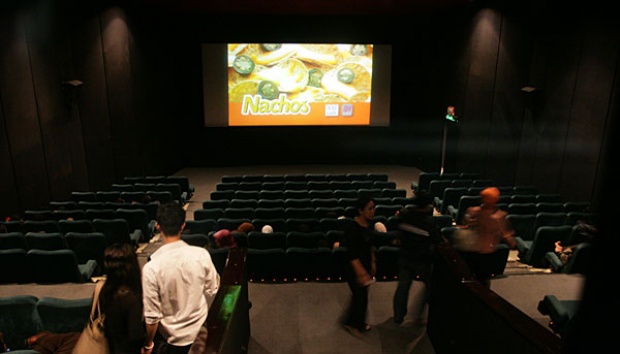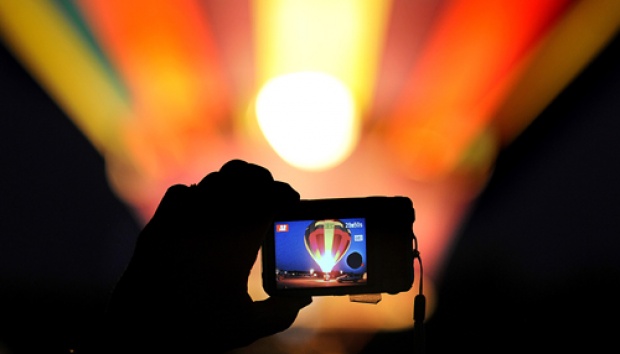Aslan Abidin: Literature during Dutch Occupation Much Better
19 October 2018 22:40 WIB

The development of literature in eastern Indonesian has been a sight to behold in the past three years. Literary events, such as the Makassar International Writers Festival, have begun to crop up, lifting the name of local talents into national prominence. "The tradition of literature in the East has always been alive," said Aslan Abidin. The only shortcoming has been documentation, which has not been as strong as in Java, resulting in many good works going lost.
Aslan Abidin, whose fame has gone beyond Makassar onto the national literary stage, has published four books. Recognizing that there has been little knowledge about eastern Indonesian literature, the 41-year-old sought out to remedy the situation. Eight years ago he started collecting the works of local writers and poets from the 1920s onwards. Last week, Tempo correspondent Irmawati spoke with Aslan, currently a lecturer of literature at the Makassar State University. Excerpts:
How do you compare the literature of eastern Indonesia with those in other parts of the country?
Literary activity in the East is about the same as in other parts of the country. In tribal communities, oral literature has been alive and growing for a very long time. Its role in the past held a function and it was important. The Bugis people regularly hold a ma'boja bine, which is an all night story- or poetry-reading performance, much like a wayang (puppetry) performance in Java. In Toraja, they have singing at funerals.
When did the modern local writers first appear?
At the end of the 19th century, the Dutch built schools in South Sulawesi, much like they did in other parts of Indonesia. It was then we began absorbing modern western knowledge, like writing prose and poetry. At the time, the first products tended to be the same, about romantic issues. But the influence of classical Malay literary works could be seen, specifically in messages of morality.
Yet, literary works from the eastern regions are not well known or are difficult to find. Why is this?
Since way back, the printing presses were centered in Java. Only one or two were in South Sulawesi. We have no documentation center as the one dedicated to (essayist) H.B. Jassin in Jakarta. Only in the past decade have old works been reprinted. Before, the measure of fame and success was through the mainstream media in Jakarta. If you didn't make it there, you were unknown.
What is unique about works from eastern Indonesia?
I think it would be the local identity. No matter how they develop, the writers and poets are born here and they absorb the language and their tribal values long before they go to school. This is the case with people from Kupang in East Nusa Tenggara. Though they may write in Indonesian, they remain loyal to local and traditional issues. There is always a desire to know and a sense of pride, about learning their own culture. Writers in Makassar are the same. The natural environment also has a significant impact. Before, many southern Sulawesi writers thought all Bugis people were seafarers, hence writers wrote about the sea, such as Husni Djamaluddin during the 1970s. But this didn't last. Writers always seek out new inspiration.
How can the government help in advancing this field?
By producing books and teaching literature in school. The New Order published books like Sutan Takdir Alisjahbana's Layar Terkembang (Sails Unfurled) and Buya Hamka's Tenggelamnya Kapal Van Der Wijck (The Sinking of the Van Der Wijck). Such books were distributed to all the school libraries. Today, nothing like that is done. Literature class in the colonial days was much better. The Dutch government built the Balai Pustaka publishing house, which printed books and gave them away for free.
**























